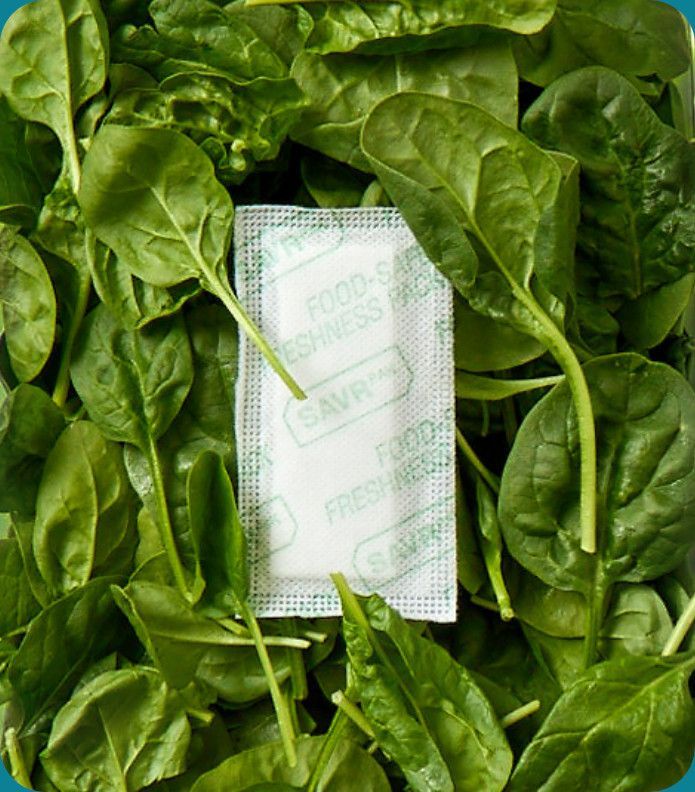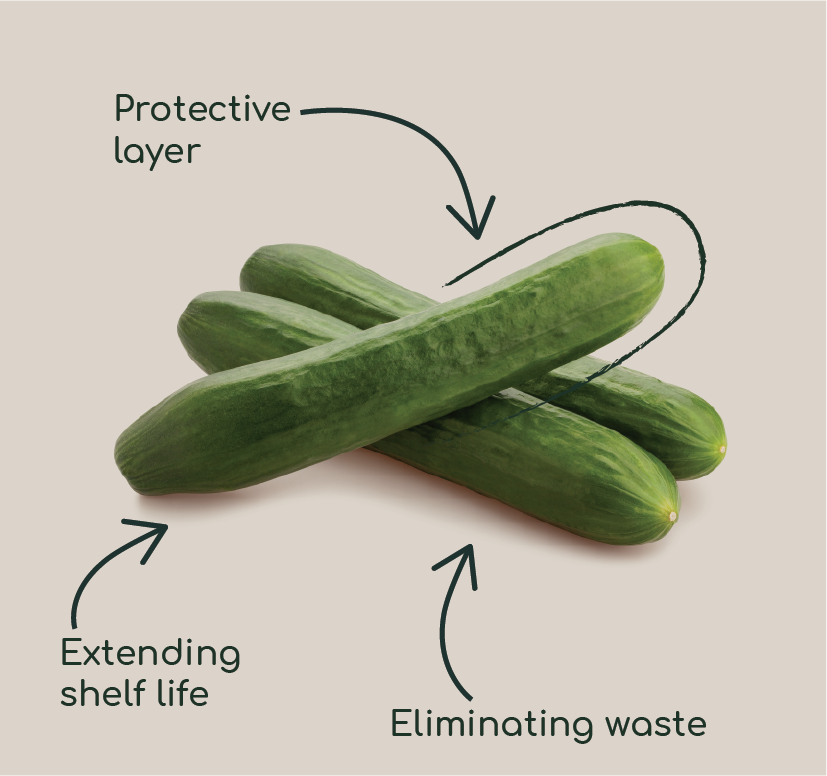
💡 Optimist's Edge: Fruit and vegetables without plastic
When it comes to the handling of fruit and vegetables, the food industry has long had to choose between plastic packaging and food waste - two of the major climate culprits of our time. Now the food tech companies are working hard to find better solutions.
Share this story!
📉 What people think
76 percent are wrong about how much fruit and vegetables are thrown away worldwide. It is almost half, 45 percent, that is thrown away.
📈 Here are the facts
- Plastic has long been debated as protection for fruit and vegetables. In practice, it has been a necessary evil to reduce the food waste that would otherwise occur. The negative climate impact of food waste often exceeds that of plastic.
- It is often said that a third of all food produced is thrown away on its way through the supply chain for various reasons. Sometimes it is even said that "the third" is the food that we actually buy in the store, which in that case is even worse.
- Fruit and vegetables are an especially vulnerable category – as much as 45 percent are discarded before the goodies reach our hungry mouths.
- Now, however, a smorgasbord of innovations is starting to appear to extend the shelf life of fresh produce such as fruit and vegetables.
Who is working on it?
- You know those little bags that are in newly bought shoes to keep the moisture away? American SAVRpak has developed a similar solution to eliminate condensation from food. The company believes that you can extend the life of the raw materials by anywhere from 4 to 14 days. The small bags are also used by restaurants to ensure that the takeout food is fresh and crispy when it arrives. SAVRpak believes that they can eliminate food waste equivalent to 78 billion dollars.

- Hazel Technologies uses a similar solution but develops its small bags with varying contents depending on the raw material in question. Generally, these are active ingredients that are secreted to reduce mold attacks or delay the ripening process.
- In Lund we find Saveggy. Their innovation is an invisible coating that vegetables and fruit can be dipped in before they are transported to the store. Several grocery players are now testing Saveggy's solution.

- Apeel, based in the Netherlands and California, has developed a plant-based protective membrane that keeps moisture in and oxygen out.
- Barcelona-based Bio2Coat has a similar solution.
- Israeli food tech company Sufresca has edible coatings specifically developed for avocado, tomato, cucumber, mango, and lemon, a selective coating for berries and snacks, as well as another type of coating used for yellow onion and garlic.
💡 Optimist's Edge
💡Several companies are developing new innovations that mean that fruit and vegetables do not need to be protected with plastic. They thereby contribute to solving two major problems; food waste and plastic addiction.
- Extending the sustainability of fruit and vegetables represents a potentially huge win for the food system, traders, society, and the individual.
- What these food tech startups have in common is that they are driven by solving two major global challenges: reducing plastic dependence (including its fossil emissions) and food waste at the same time.
- The innovations follow the same logic as many other technological achievements: we won't even notice they're there.
👇 How to get the Optimist's Edge
❓ So, how do you get the most out of this knowledge?
- As with all new phenomena, it requires brave companies that dare to test. Saveggy has already started collaborations with both ICA and Lidl in Sweden with some success, but more experiments on a larger scale are needed to progress faster.
- Encourage your local fruit and vegetable dealer, producer, or wholesaler to review what new solutions are available to avoid throwing away almost half of the produce. Question whether the plastic is really necessary.
- For those of you who work in the food industry, there is of course a great potential competitive advantage in applying this type of solution before your competitors.
- If this future can come faster, we can look forward to an increased intake of fruit and vegetables. Good for public health.
You now have an advantage because you have gained this knowledge before most others –